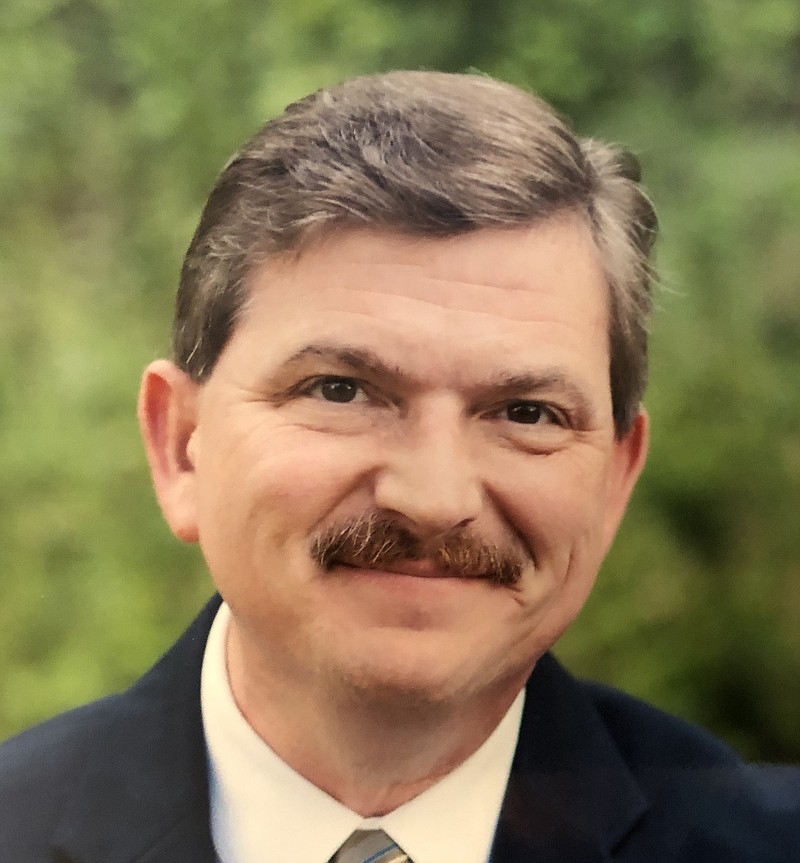I'm old enough to remember needing to dial only four numbers to call someone. And when ZIP Codes weren't necessary.
Today, everyone requires numbers for everything we do.
Everything.
I'm actually old enough to remember not having a phone at all. I think I was in third grade when dad finally agreed to get one. Once it was installed, it seemed to be something we couldn't live without.
But before it was put in, we seemed to do just fine. On rare occasion, a neighbor would knock on the door and tell us we had an emergency call on their phone.
But the neighbors didn't seem to mind. We returned the favor by going over and closing all their windows if it began to rain and they were gone.
People didn't used to lock their houses. We didn't have to.
I recall being able to send a letter to relatives in far away places with only their name, street name, and city. Then the Post Office began pushing us to use the new ZIP Code system using a cartoon mascot called Mr. ZIP, but remarkably, I never recall a piece of mail we sent with minimal delivery information not arriving at its intended destination.
Today, it takes three weeks for a piece of mail to arrive in the same city from which it's mailed.
Some friends sent us a party invitation and it arrived too late to RSVP. And the envelope included a return address and every facet of our address, including the correct ZIP Code. Had one of the spouses not contacted me to ask if we were coming to their party, I would have never known she'd sent an invitation (which, by the way, arrived 23 days after she sent it).
So, have numbers helped? I'm not so sure.
Out of habit, I still put the ZIP Code underneath the state abbreviation, even though they told us to start putting it to the right of the state many years ago. They've even added a hyphen and four more numbers at the end of our ZIP Code.
I recall hearing when we were going to have to start dialing (yes, dialing) the three prefix numbers before dialing the four we used to call to easily reach someone.
My dad wondered whether we really needed to do that when the number on our town's city limit sign had not increased in years.
Later, they began requiring dialing the area code, the three prefix numbers and the last four. That's 10 numbers to call the same person who used to be reached with only four.
Our Social Security numbers used to exist only for the day when we'd actually collect from the program. Then, schools and the government began requiring us to use our social as an identity number.
Our names, addresses, ZIP Codes, and 10-digit phone numbers weren't enough.
Now, they tell us to guard our social and never give it to anyone because of identity theft.
So, now we have to have a set of numbers for each and everything we do. Every credit card, every online account, etc.
And people still steal identities. Identity theft costs billions and unending headaches.
Because of all the extra numbers, we have to pay a monitoring service to make sure that no one has stolen our numbers so they can pretend to be us and buy things under our identity.
So, I'm sending numbers of dollars to a company so they can watch the rest of our numbers to make sure no one else has my number.
You couldn't make this up.
Math may be the universal language, but numbers seem to have caused far more problems than they've simplified things.
If it was once possible to send my aunt in Illinois a letter with only her name, her street name, city and state, how did we seem to become less efficient in only a few decades?
But, there are those who believe that the extra numbers were a great idea. The Smithsonian Institution even has a Postal Service Museum section on their website.
I know the world has changed, and I know that we don't want our identity stolen.
But the fact of the matter is, even when you follow using all of the different numbers like you're supposed to, you may or may not get the party you are trying to reach. You also may miss someone's party completely.
©2020 John Moore
To send John a message; buy his books, Write of Passage: A Southerner's View of Then and Now Vol. 1 and Vol. 2, or listen to his Weekly 5-Minute Podcast; visit his website at TheCountryWriter.com.

